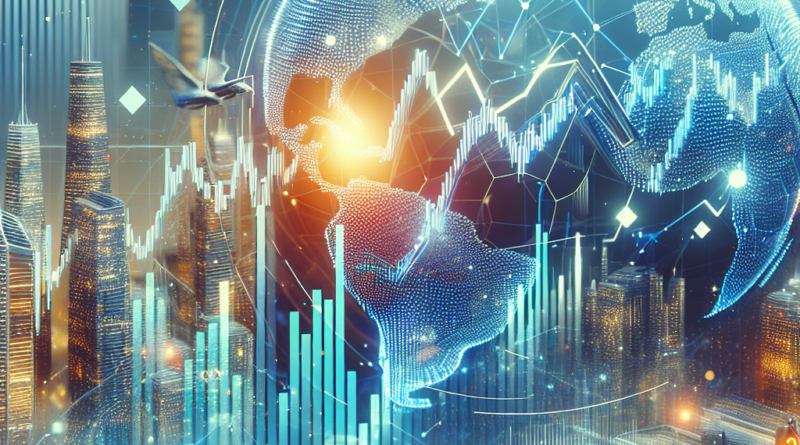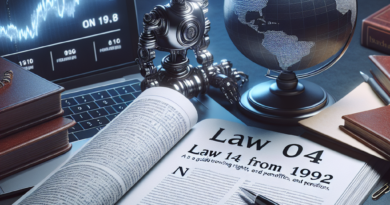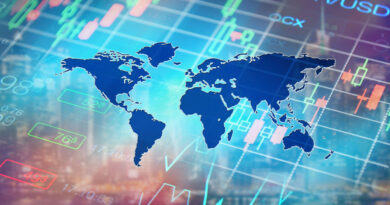Understanding Futures Trading: How Futures Work in the Trading World
The Fascinating World of Futures Trading
In the dynamic and increasingly accessible world of online trading, futures play a crucial role as essential tools for investors looking to diversify their strategies or hedge market risks.
With their versatile nature and multiple applications, futures represent one of the most fascinating and complex forms of derivatives, offering a glimpse into the future of financial markets.
Understanding Futures: Meaning and Definition
Futures contracts are legal agreements negotiated on regulated markets, where two parties commit to exchange an asset, either financial or tangible, at a predetermined price and with settlement on a future date.
These contracts are derivative instruments that allow traders to take long or short positions, depending on whether they commit to buying or selling the underlying asset at maturity.
Origins and Uses of Futures
Futures initially emerged as a means of hedging a position.
Large banks, as well as investment funds and companies, use this tool to hedge a position in an asset, such as a raw material they work with.
For example, a oil company that has purchased X barrels of oil may sell X futures contracts of the commodity to protect themselves against price declines.
Although originally intended for hedging, futures are also widely used for speculative purposes, as they allow leveraged trading on a regulated and highly liquid market.
Types of Available Futures
Futures contracts can be classified into different categories depending on the underlying asset:
- Financial Futures: linked to financial securities such as stock indices (e.g., S&P 500, NASDAQ) and bonds.
- Currency Futures: involve the purchase or sale of currencies at a set rate, allowing investors to hedge against exchange rate fluctuations.
- Energy Futures: include contracts for energy products like crude oil and natural gas, offering traders the opportunity to manage exposure to energy prices.
How Futures Work: Practical Examples
Futures are standardized contracts traded on regulated markets that enable buyers and sellers to exchange an asset at a predetermined price in the future.
These derivative contracts involve the buyer taking a long position, committing to buy the underlying asset at maturity, while the seller takes a short position, committing to sell it.
Most futures transactions do not result in physical delivery of the asset, but through cash settlement or by closing out the contract.
Trading Costs and Margins
Effective cost and margin management is essential for sustainable futures trading operations.
These elements play a crucial role in determining both profit potential and the risk associated with open positions in the futures market.
Risks and Benefits of Futures
Futures contracts, while versatile financial instruments, entail significant risks.
Leverage, although capable of magnifying returns, also amplifies potential losses.
This aspect can be a double-edged sword, especially in volatile markets where prices can fluctuate rapidly.
FAQs
Q: What is the trading process for futures?
A: Futures are standardized contracts traded on regulated exchanges and fall into the category of derivative instruments.
In these contracts, the two parties involved agree to exchange a specified quantity of a financial or material asset at a predetermined price on a future date.
Q: What are futures in simple terms?
A: Futures are financial contracts that require the buyer to buy and the seller to sell an asset at a predefined price and date in the future.
The underlying asset can range from commodities to stocks, bonds, currencies, or even market indices.
Q: How are futures data interpreted?
A: The value of a futures contract on a stock index is calculated by multiplying the index value by a specific factor (e.g., €5, €1, or €0.2).
The minimum price change, known as a tick, varies depending on the type of futures contract.
Q: What is the method for trading futures in Italy?
A: The most direct way to trade futures in Italy is to use a centralized and reliable exchange, such as Binance.
For a list of exchanges where futures trading is possible, you can check the Markets section on the Coinmarketcap.com website.




